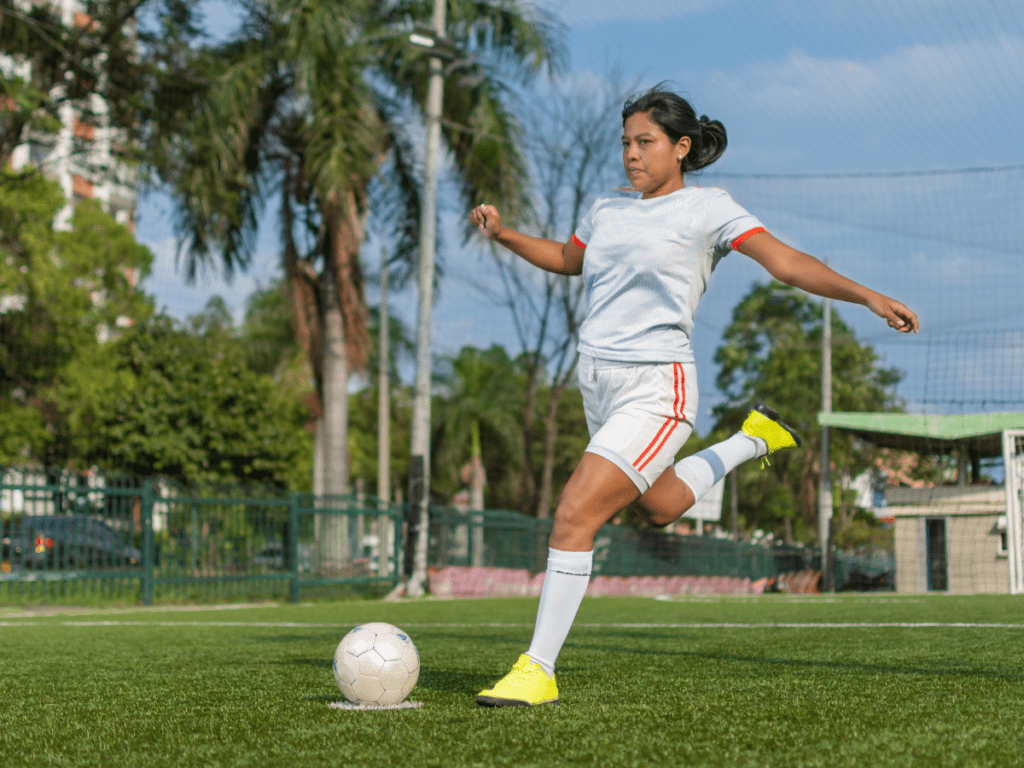Meaning, Trust, and Belonging: Exploring the Factors that Foster Elite Refugee Athletes’ Growth

Introduction and Context Within the last decade there has been increased attention in supporting elite refugee athletes through sport. This attention includes international teams in the Olympics and national teams within their new countries. Many of these athletes have competed internationally for their home countries and seek to do the same within Canada, a global…
Importance of psychologists during training and competition to address mental health issues
Depressive symptoms appear to be significantly more common among high-performance athletes than in the general population. A recent study investigating the mental health of athletes at the FINA World Championships 2019 revealed that nearly 25% of the participants met the criteria for depression. Additionally, a substantial 45% of the entire athlete sample expressed a desire…
Impact of a missing audience on performance
Some athletes perform better when there is an audience and others do not. According to research, men run slower without an audience and women run faster. Women were also seen to perform better in complex tasks (e.g., shooting) when there was an audience present whereas men did not.
Taking a person-first approach to high performance sport in Canada
At the Canada Summer Games 2022 in Niagara, an event for up-and-coming athletes, the power of sport to transform lives was on full display with stories that showcased the pure joy, excitement and fun sport can offer. Teenage wrestler Eekeeluak Avalak became Nunavut’s first ever gold medalist in the Games and an emotional video clip…
Live sporting events and well-being
The aftermath of COVID has left many of us feeling lonely or isolated. Research indicates that attending live sporting events could help with these feelings. A recent study shows that there are positive associations of subjective well-being and decreased loneliness as a result of attending sporting events.
Canada Soccer announces Men’s U-17 squad for Brazil series in São Paulo
Canada Soccer have announced their Men’s U-17 squad for the upcoming two-match friendly series with the South American champions Brazil. As part of preparations for the upcoming FIFA U-17 World Cup Indonesia 2023, Canada will face Brazil on Friday 29 September and Sunday 1 October in São Paulo. “We have a two-match series against Brazil,…
Olympic hosting relationship to medal count
Does hosting the Olympics result in a higher medal count for the host country? A recent study examined purported home advantage at the summer Olympics from 1996 to 2021. The findings suggest that assumptions about the “host effect” are exaggerated.
The challenges of shifting to a safer sport culture: High performance coach and administrator perspectives

Highlights The calls for culture change across sports in Canada are persistent and louder than ever. Through our program of systematic research, we have listened to and shared high performance athletes’ perspectives about what appear to be accepted (or at least tolerated) unsafe behaviours and practices in sport. Tolerance of unsafe behaviours and practices reflects…
Managing the competing tensions of social media as a high performance athlete
Social media has become an increasingly commercialized space within the sporting industry, with brands and sponsors seeking to reach consumers through athletes’ platforms. So is social media good, or bad, for the sport industry? For athletes? For women and athletes of marginalized communities? The answer seems to be: it’s both. Or, rather, it depends who…
Sport after Moneyball: Examining sport analytics and the digital economy
The 2011 film Moneyball was a critically acclaimed, Academy Award-nominated, box office success. This is quite something, given that the movie centres on debates over baseball strategy and statistics. This article explores sport after Moneyball, meaning sport at a time when Moneyball’s disruptive ideas are widely accepted, and often celebrated. It’s true that the statistical…